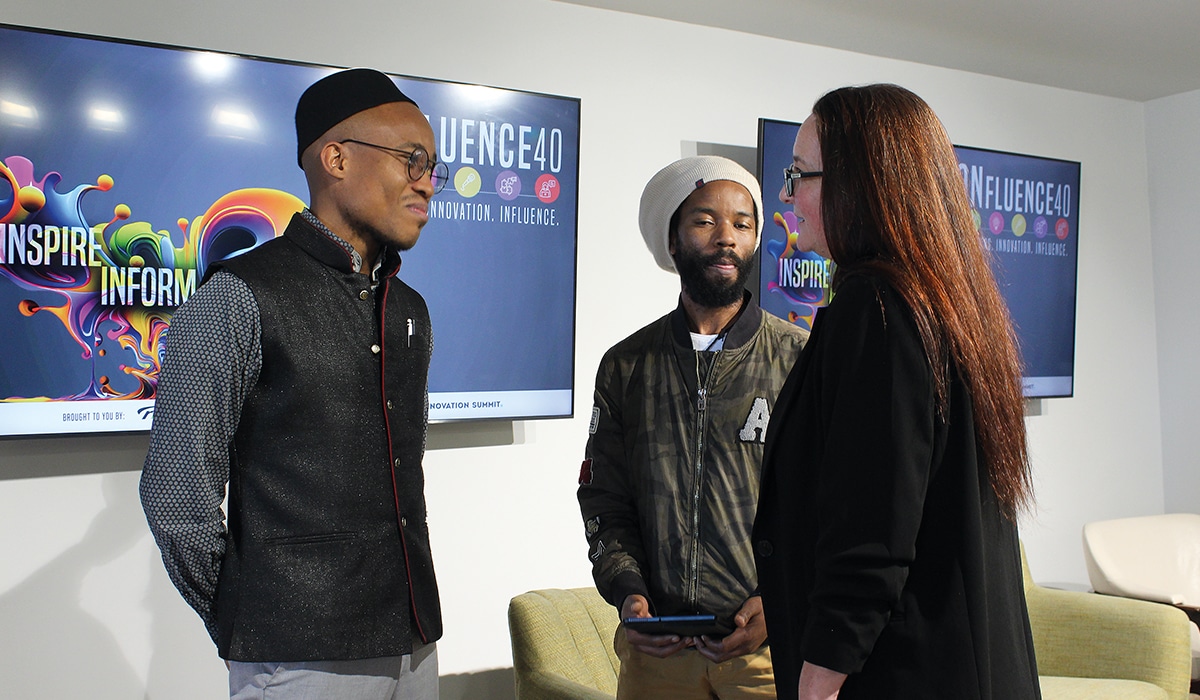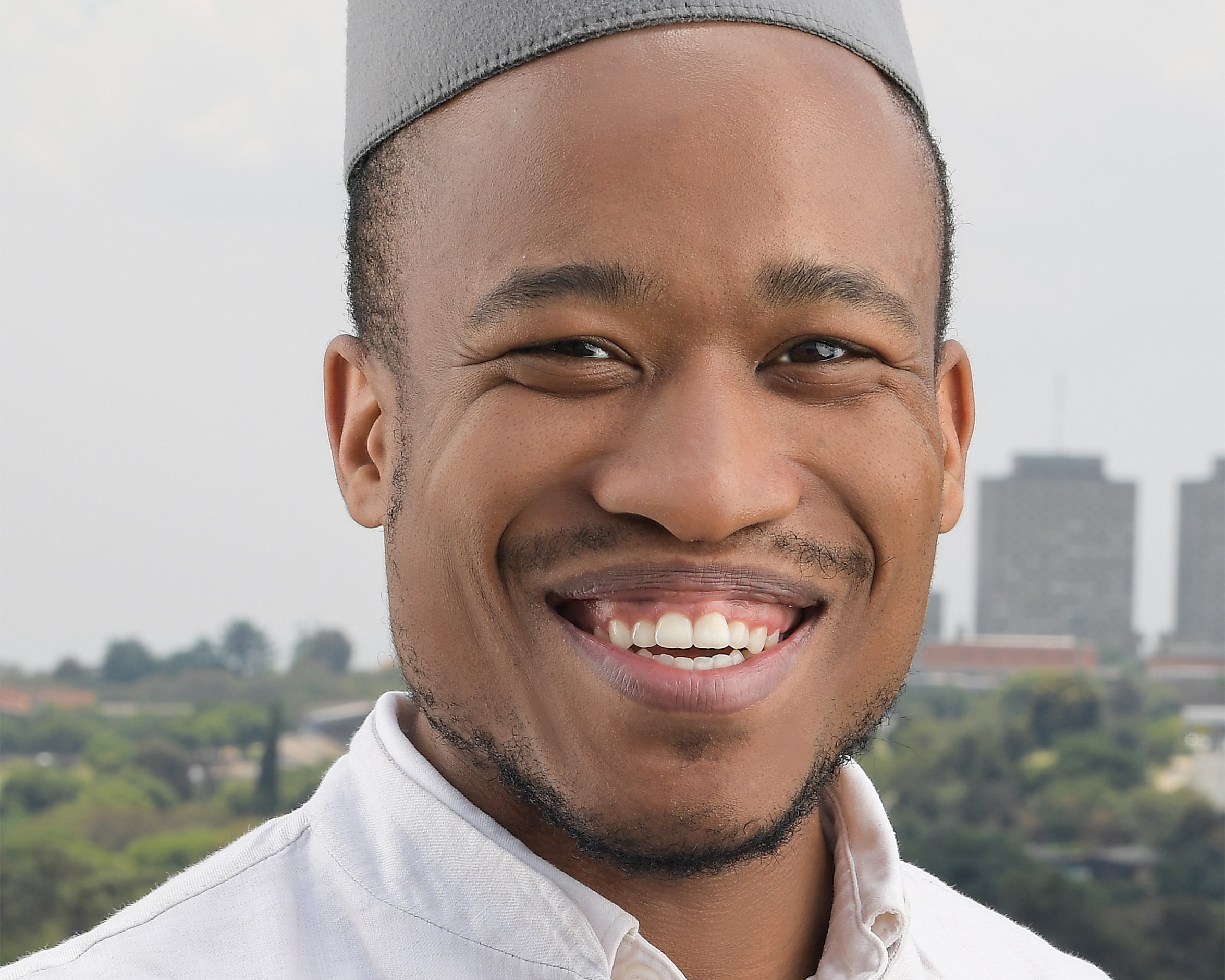Buntu Majaja has seen enough pivots in his life that reality has become a dance.
Some of the most interesting people come from engineering backgrounds. It’s something about the thought process around problem solving that unlocks a deep sense of empathy.
In his role as CEO of the SA Innovation Summit – Africa’s premier meeting place for founders and investors – Buntu Majaja relies on that empathy to understand the plight of the passionate innovator better.
As a former founder himself, he has taken his University Of Pretoria chemical-engineering degree and merged it with an entrepreneurial mindset – courtesy of Wits Business School – to mould a unique career as a custodian of the continent’s best ideas.
What excites you most about the role that you are in now as CEO of the SA Innovation Summit?
The thing about being an entrepreneur is you may not know you can actually do the thing you’re saying you can until you’re there in the moment and have no other choice. It’s seeing that courage on display when start-up founders are pitching their ideas to prospective investors that energises me. We all have that fire inside us that manifests as a need to contribute positively to the world; it just takes a bit of courage to embrace it.
Do you think South Africa is the entrepreneurial country that it needs to be to secure its future economy in these uncertain times?
Without a doubt. Outside of the startups and investors that come to the summit, you have spectators who just come to be inspired. There is an active community built up around the startup economy that is always looking for the next big thing.
When these people meet, it can spark creativity that is central to the entrepreneurial mindset. We’re all contributing to the much needed job creation when we show up and support entrepreneurs – and that means that you have an entrepreneurial mindset yourself.

The 2023 summit’s themes were around exploring the continent’s innovation frontier. Could you expand on that?
That frontier is the horizon of potential that we’re stretching to the very edge of what we can achieve in Africa. There is a perception that our continent does not have the technological capabilities to be competitive in the global market, but that is wrong. We have all the capabilities, just our use cases are different. We need to redefine what investing in innovation looks like in Africa, such as how VCs [venture capitalists] get a return on social investment. Our solutions don’t fit the definition of technology in other markets that are considered more advanced, but it doesn’t de-legitimise the impact.
How do you choose which topics get discussed at the summit?
I am grateful to live in an era of collaboration and for the conversations that are sparked by that interaction. When we mine those conversations, we discover the needs and desires that exist in markets where people have to come together to solve a problem. The best people to drive those discussions are the people we consult and it’s like scratching the surface of an iceberg only to find that there is a massive ecosystem of experts that those consultants are tapping into for information and inspiration.
You see a lot of bleeding-edge technology in its infancy. What can we expect to see in 2024?
Anyone who tries to predict the future is going to be proven wrong – but with that said, I have seen sustained interest in artificial intelligence that points to a wider adoption of that technology. At the summit in 2023 we had many of the startups that we have seen before either pivot to AI or begin building out their products on top of AI. We’ll probably see more incremental integration of this technology going forward. We haven’t fully explored all the ways it can be used to improve lives in Africa yet.
There has been a cooling in the venture-capital climate. Do you see this changing?
There was a dip in VC funding on the continent in 2022, but I suspect that we’ll be back to the 50% to 75% year-on-year growth in startup investment in Africa by the end of 2024. The market ebbs and flows like that as new technology goes through its maturation cycles. Each time the hype bubble pops you get a shrinking, but each time that technology trend comes back, it does so at a larger scale in which the businesses are bigger and the teams are larger because there’s a need for more specialists.
There’s a lot of pressure being placed on the startup community to save the continent. Can our founders meet the challenge?
Definitely. At SA Innovation Summit 2023 we gathered together about 30 investors in the room that represented around R30 billion in capital ready to come into the continent. If we can get legislation on our side then there is no limit to what African founders can achieve.
Words by: Lindsey Schutters







